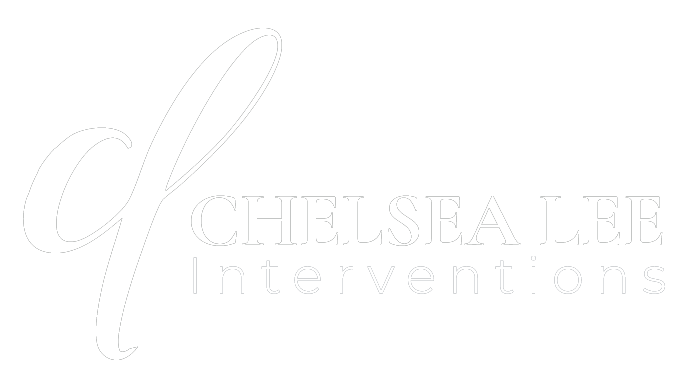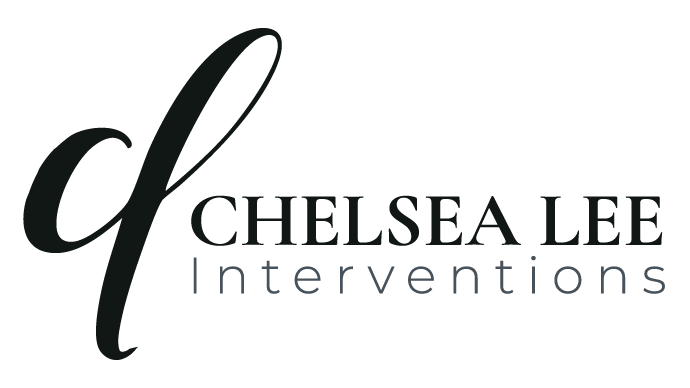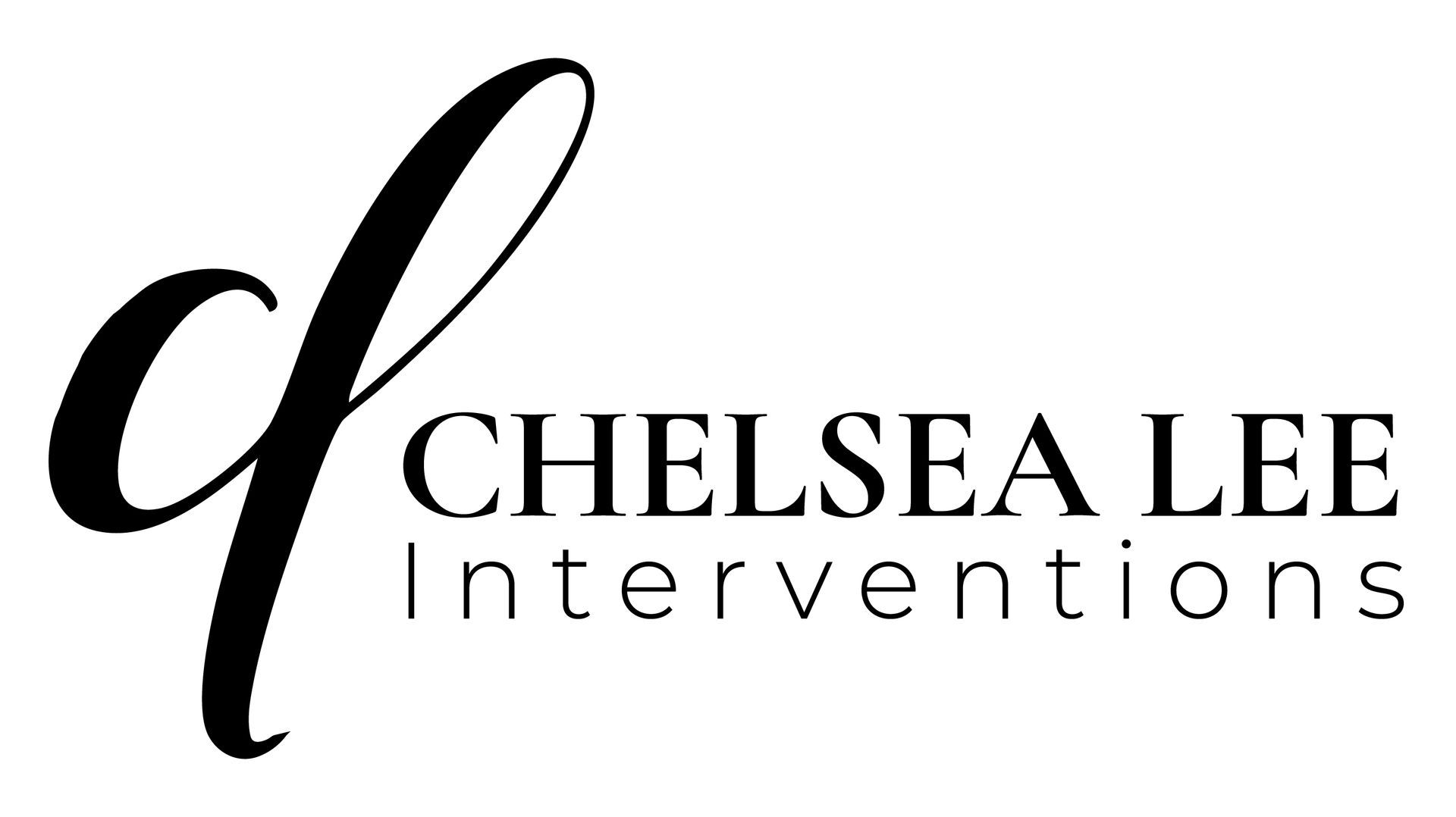Understanding Addiction Support: Your Guide to Professional Family Intervention Services in Vancouver, BC

When someone you love is struggling with addiction or mental health challenges, the path forward can feel overwhelming and uncertain. As a licensed family intervention specialist in Vancouver, I understand the heartbreak, confusion, and desperation that families experience. This comprehensive guide will help you navigate your options and understand how professional intervention services can provide the support and clarity your family needs.
Article Outline: What You'll Learn About Professional Intervention Services
In this guide, you'll discover the different types of addiction support available in Vancouver, understand when professional intervention services are needed, learn about the intervention process, and gain clarity on how to choose the right support for your family's unique situation. We'll explore family therapy options, case management services, and the comprehensive approach that sets professional interventionists apart from other support options.
What is a Family Intervention Specialist and Why Vancouver Families Need Professional Support
A family intervention specialist in Vancouver is a trained professional who helps families motivate their loved ones to accept help for addiction, mental health concerns, or behavioural issues. Unlike well-meaning family attempts to address the situation alone, professional intervention services provide structure, expertise, and evidence-based approaches that significantly increase the likelihood of success.
In Vancouver, families often struggle with knowing when and how to intervene effectively. The difference between a family member having a conversation and working with an intervention specialist is profound. Professional interventionists understand the complex dynamics of addiction, the psychology of resistance to treatment, and how to navigate the emotional intensity that comes with family crises.
As both a licensed counsellor and certified addiction interventionist, I bring a unique perspective to intervention services in Vancouver. My background includes not only formal clinical training as a Master Practitioner in Clinical Counselling (MPCC #4117) but also lived experience supporting family members affected by addiction. This combination allows me to provide both professional expertise and genuine understanding of what families are experiencing.
The goal of professional intervention services isn't just to get someone into treatment, it's to create a process that promotes healing for the entire family system while providing the best possible chance for lasting recovery.
Understanding the Different Types of Addiction Support Available in Vancouver
Many families in Vancouver feel confused about the different types of addiction support available. Each professional serves a unique role in the recovery process, and understanding these distinctions can help you make informed decisions about what your family needs.
Licensed Counsellor and Family Therapy Services: Licensed counsellors provide ongoing therapeutic support to individuals, couples, or families. In Vancouver, these professionals address the underlying emotional and psychological factors that contribute to addiction and mental health concerns. Family therapy focuses on improving communication, addressing codependency patterns, and helping family members develop healthy boundaries.
Recovery Coach and Peer Support: Recovery coaches often have lived experience with addiction and focus on practical aspects of maintaining sobriety. They provide accountability, help with goal-setting, and assist individuals transitioning from treatment back into daily life.
Professional Intervention Services: An interventionist helps families when a loved one is unable or unwilling to recognize the need for help. Professional intervention services involve careful planning, family preparation, and a structured process designed to motivate someone toward accepting treatment.
Case Management and Coordination of Care: Case managers serve as the "project manager" of recovery, coordinating various aspects of treatment and maintaining communication between family members, treatment providers, and other professionals.
When Professional Intervention Services Become Necessary for Vancouver Families
Recognizing when your family needs professional intervention services can be challenging. Many families spend months or even years trying to manage the situation independently before seeking professional help. Understanding the signs that indicate professional intervention services are needed can help you take action before the situation becomes more dangerous or damaging.
Crisis Situations and Escalating Behaviour: If your loved one's behaviour has become unpredictable, dangerous, or is causing significant disruption to family functioning, professional intervention services may be necessary. This includes situations involving threats, violence, legal issues, or behaviour that puts themselves or others at risk.
Failed Family Attempts and Increasing Resistance: When family members have tried multiple approaches without success, professional intervention services offer a different approach. If your loved one has become increasingly resistant, manipulative, or angry when family members try to address the situation, this indicates that professional expertise is needed.
Impact on Family System and Other Members: Addiction and mental health issues don't just affect the individual, they impact the entire family system. When other family members are experiencing significant stress, when children are being affected, or when the family is unable to function normally, professional intervention services can help restore stability.
The Professional Intervention Process: What Vancouver Families Can Expect
Understanding what happens during professional intervention services can help reduce anxiety and prepare families for the process. Unlike dramatic portrayals in media, professional interventions are carefully planned, compassionate processes designed to maximize the likelihood of success while maintaining relationships.
Initial Consultation and Assessment: The intervention process begins with a comprehensive consultation where I assess your family's situation, understand the history of the problem, and evaluate what approaches are most likely to be effective. This consultation also includes education for family members about addiction, mental health, and the intervention process.
Pre-Intervention Planning and Family Preparation: Before any direct intervention occurs, extensive planning takes place. This includes determining who should participate in the intervention, what each person will say, where the intervention will take place, and what treatment options will be presented. Family preparation is crucial to the success of professional intervention services.
The Intervention Meeting and Immediate Aftercare: The actual intervention is a structured conversation where family members express their love and concern while clearly presenting the consequences of continued destructive behaviour and the opportunities for help that are available. Professional interventionists facilitate this conversation, keeping it focused and productive while managing the emotional intensity that naturally occurs.
Trauma-Informed Intervention Services: A Compassionate Approach
Not all intervention approaches are the same. In Vancouver, families have access to various intervention models, and understanding these differences can help you choose the approach that best fits your family's values and your loved one's needs.
Modern professional intervention services use compassionate, trauma-informed approaches that recognize addiction and mental health challenges as symptoms of deeper pain rather than character defects. These approaches focus on expressing love and support while still maintaining clear boundaries about unacceptable behaviour.
Many people struggling with addiction or mental health issues have experienced trauma, either in childhood or as adults. Trauma-informed intervention services recognize this connection and avoid approaches that might retraumatize someone who is already struggling. Instead of increasing shame and fear, trauma-informed approaches focus on creating safety, offering choice and control, and emphasizing hope and healing.
Case Management: Coordinating Care and Supporting Long-Term Recovery
Professional intervention services don't end when someone enters treatment. Case management and ongoing coordination of care are essential components of successful recovery support, especially for families dealing with complex situations or multiple treatment needs.
Treatment Coordination and Communication: Case management services include coordinating between different treatment providers, maintaining communication with family members about their loved one's progress, and helping navigate insurance and administrative requirements. In Vancouver's complex healthcare system, having someone who understands both public and private treatment options can be invaluable.
Family Education and Support Throughout Recovery: Case management extends beyond the individual in treatment to provide ongoing education and support for family members. This might include helping families understand the science of addiction, teaching communication skills that support recovery, and providing guidance on setting appropriate boundaries.
Long-Term Recovery Planning and Aftercare Coordination: Successful recovery often requires ongoing support and planning that extends far beyond initial treatment. Case management services include helping families develop long-term recovery plans, coordinating aftercare services, and providing ongoing crisis support when needed.
Supporting Families Through Crisis: When Immediate Help is Needed
Sometimes families reach out for intervention services during crisis situations when immediate help is needed. Understanding what resources are available and how to access them can be crucial during these intense moments.
Crisis Intervention and Safety Planning: When someone's behaviour poses immediate danger to themselves or others, professional intervention services include crisis intervention and safety planning. This might involve coordination with emergency services, helping families understand when hospitalization might be necessary, or providing immediate support during volatile situations.
Maintaining Hope During Difficult Times: Crisis situations can feel overwhelming and hopeless for family members who have been dealing with ongoing challenges. Professional intervention services include helping families maintain hope and perspective during these difficult times.
Choosing the Right Professional: Training and Experience Matter
When choosing intervention services in Vancouver, the qualifications and experience of the interventionist make a significant difference in outcomes. Understanding what to look for can help families choose the most appropriate support for their situation.
Professional intervention services require clinical training and understanding of complex family dynamics, mental health issues, and addiction medicine. Effective intervention services require specialized training beyond general counselling skills, including understanding the psychology of motivation and change, family systems theory, and the specific techniques that are most effective for helping people overcome resistance to treatment.
Frequently Asked Questions About Family Intervention Services in Vancouver
How long does the intervention process take? The intervention process varies depending on the complexity of the situation. Initial planning typically takes 1-2 weeks, while the intervention meeting itself usually lasts 2-4 hours. Follow-up support continues as long as needed.
What happens if our loved one refuses treatment? Professional intervention services recognize that not everyone accepts help immediately. Even when someone doesn't agree to treatment right away, the intervention often plants seeds that lead to acceptance of help later.
Can we do an intervention if our loved one has mental health issues in addition to addiction? Co-occurring mental health and addiction issues require specialized knowledge but don't prevent intervention services. Professional intervention may be even more important in these situations.
How do we know if we need an interventionist versus family therapy? If your loved one is willing to participate in family therapy, this may be an appropriate first step. Professional intervention services are typically needed when someone is unwilling to acknowledge problems or participate in treatment voluntarily.
What should we look for when choosing an interventionist? Look for interventionists with both clinical training and specialized intervention experience. Verify their credentials and ensure they use trauma-informed, compassionate methods rather than confrontational tactics.
Taking Action: Your Next Steps Toward Professional Support and Healing
If your family is struggling with a loved one's addiction or mental health challenges, you don't have to navigate this journey alone. Professional intervention services provide the expertise, support, and guidance that can make the difference between continued crisis and movement toward healing and recovery.
Immediate Steps You Can Take Today: Start by gathering information about your loved one's situation, including their substance use patterns, mental health symptoms, previous treatment attempts, and how their behaviour is affecting the family. Consider which family members might be appropriate participants in an intervention process.
Scheduling Your Free Consultation: The first step toward professional intervention services is scheduling a consultation to discuss your family's specific situation and explore your options. During this conversation, you'll learn about the intervention process, ask questions about approaches and outcomes, and determine whether professional intervention services are the right choice for your family.
Addiction and mental health challenges affect entire families, not just the individuals who are struggling. When someone you love is unable or unwilling to recognize their need for help, professional intervention services can provide the structure, expertise, and support necessary to create positive change.
Professional intervention services go beyond simply getting someone into treatment. They provide comprehensive support for families, help address the complex dynamics that often develop around addiction and mental health issues, and offer ongoing guidance throughout the recovery process.
If your family is struggling, professional intervention services offer hope and a clear path forward. With proper support and guidance, families can move from crisis and chaos toward healing, recovery, and renewed relationships.
Ready to take the next step? Contact Chelsea Lee today for your free consultation.
Phone: 778-858-0042
Email: info@chelsealee.ca
Location: Vancouver, BC (serving families across Canada)
As a licensed Master Practitioner in Clinical Counselling and certified addiction interventionist, I provide compassionate, professional support for families facing addiction and mental health challenges. Don't wait until the crisis gets worse, help is available, and recovery is possible.
Your family doesn't have to face this alone. Professional intervention services can provide the guidance, support, and expertise you need to help your loved one find their way to healing and recovery.

Chelsea Lee, MPCC
Licensed Master Practitioner in Clinical Counselling & Certified Interventionist
I am a Licensed Master Practitioner in Clinical Counselling and Certified Interventionist with over 20 years of experience helping families navigate the challenges of addiction and mental health. My approach combines professional training with my own lived experience, allowing me to provide not just expertise, but also genuine understanding and compassion. My goal is to walk alongside families, offering hope, healing, and practical support as they work toward recovery and lasting change.

Reclaim Your Peace of Mind
Book your free consultation now and discover the support you deserve.








